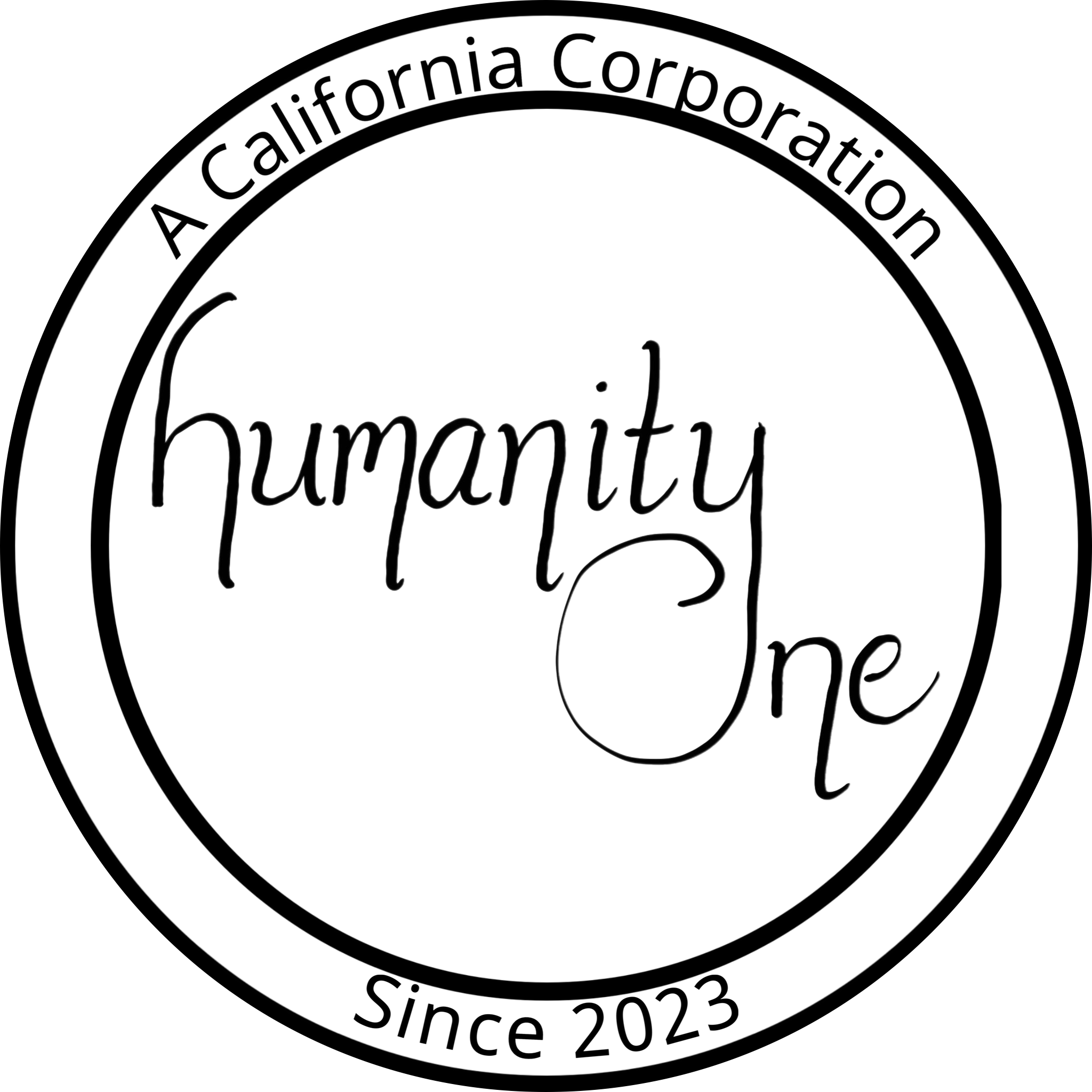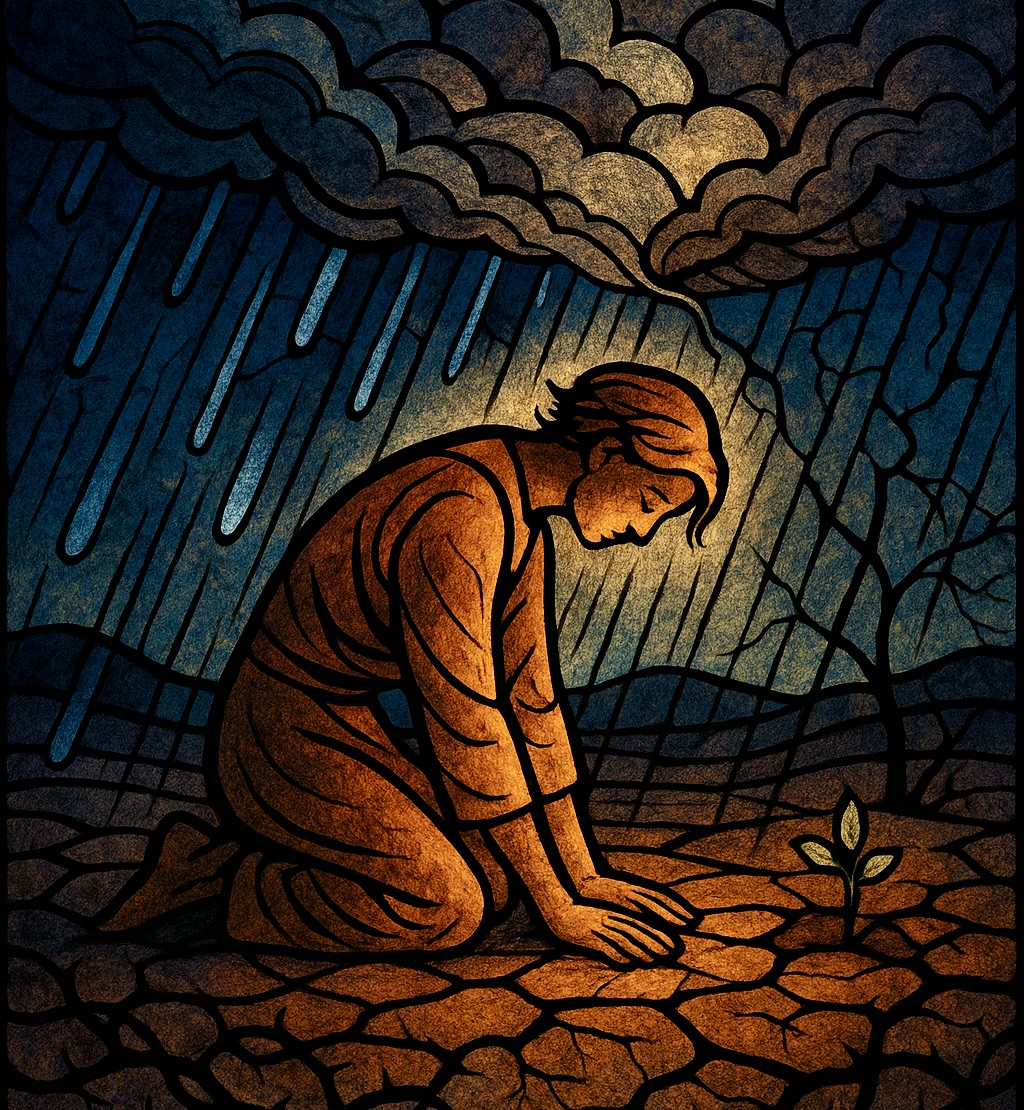There are moments in life that should end us.
Moments that make your knees buckle.
Moments where time stretches out like a punishment.
Where your body is here, but everything else—the joy, the sense, the will—it’s gone.
Moments that change you.
Not in some poetic way.
In a real way. A hard way.
And yet—
somehow—
you’re still breathing.
Still here.
Still upright.
Or at least, not dead.
That’s the mystery.
Not why bad things happen.
But how we survive them.
Where does that strength come from?
I’ve sat with that question.
And here’s what I know:
It’s not the kind of strength people notice.
It’s not loud. It’s not brave-looking. It’s not always hopeful.
It’s more like this:
You lie down, shattered.
And then the next morning, you brush your teeth.
That’s strength.
You say to yourself, “I can’t do this.”
But then you do.
That’s strength.
You spend the day exhausted and in pain.
But you still make dinner for your family.
That’s strength.
We want it to feel magical.
Like a surge of power.
Like divine intervention.
But mostly, it feels like nothing.
It feels like emptiness.
And then, one breath at a time, you get through one more minute.
Then another.
Then another.
And here’s what the Hebrew scriptures tell us—
not in headlines, but in the texture between the lines:
That struggle is not failure.
That sorrow is not weakness.
That silence from heaven doesn’t mean you’ve been abandoned.
This tradition doesn’t promise rescue.
It honors endurance.
It honors the one who stays present in the storm,
who doesn’t have answers,
but still shows up for their life.
Again and again, it’s not the triumphant who are remembered.
It’s the ones who wrestled.
Who broke open.
Who walked forward with no guarantees—
and kept walking.
Strength, in our tradition, isn’t the absence of fear or pain.
It’s what we do in spite of it.
It’s choosing—again and again—not to disappear.
So what is that strength?
Maybe it’s not something you summon.
Maybe it’s something you discover.
Maybe it’s what’s left when everything else falls away.
The raw, naked force of will.
The soul refusing to go quiet.
A kind of holy defiance against despair.
A sacred refusal to vanish..
The choice to stand in the wreckage—
and still be you.
Not because its easy.
But because you’re the only one who can.
So how do we find it?
We don’t wait for it.
We move toward it.
We move through the pain, not around it.
We stop looking for escape and start asking:
What am I going to do right now?
Not forever.
Just this hour.
Just this step.
That’s where strength lives.
Not in clarity. Not in confidence.
But in presence.
In the choice to stay in the story,
even when it hurts.
Because that’s what strength really is.
It’s not winning.
It’s withstanding.
It’s not about never breaking.
It’s about what you do with the pieces.
Some of us learned early that breaking wasn’t allowed.
That if you fell apart, everything else might too.
So you held it in.
You smiled. You worked. You kept things moving.
Not because you were okay—
but because someone had to be.
You carried what wasn’t yours.
You made it through days no one knew were hard.
And maybe no one thanked you.
Maybe no one even noticed.
But you kept going anyway.
That’s not nothing.
That’s not weakness.
But let’s not confuse it for strength either.
That’s survival.
And survival deserves honor.
But strength—the kind that heals, the kind that frees—
That comes when you stop performing,
and start telling the truth.
Real strength isn’t performance.
It’s not a mask you put on to make others comfortable.
Real strength is ugly sometimes.
It’s sobbing on the floor and still answering the phone.
It’s screaming in your truck and then picking up the groceries.
It’s saying, “I don’t know how to keep going.”
And then doing it anyway.
The truth is—
We don’t always feel strong when we’re being strong.
Usually, we feel like we’re failing.
Like we’re barely hanging on.
But the Hebrew scriptures are full of people barely hanging on.
Full of people who cried, who doubted, who begged.
And those are the ones we remember.
We remember Job—not because he stayed silent, but because he didn’t.
Because he cursed the day he was born.
Because he looked G-d in the eye and demanded an answer.
We remember Jacob—not because he had faith, but because he wrestled.
Wrestled all night.
Limped away.
Still blessed.
This tradition was never about being perfect.
It was always about showing up.
Wrestling.
Choosing life even when death would be easier.
And maybe that’s the secret —
that strength isn’t something we have.
It’s something we do.
A verb.
Not a trait.
Something that rises up when you say:
I won’t disappear.
I’m still here.
I may not know how this ends—but I’m not done yet.
So if you’re in it right now—
the dark, the grief, the confusion—
don’t wait to feel strong.
Don’t wait to feel ready.
Just do the next thing.
Stand up if you can.
Lie down if you need to.
Cry if you must.
But stay in the story.
Your story.
The one only you can live.
The one that doesn’t end here.
Strength isn’t what spares us from the fire.
It’s what carries us through it.
And even if all you can do today
is whisper,
“I’m still here,”
That is enough.
That is strength.
And that is holy.
Amen.


